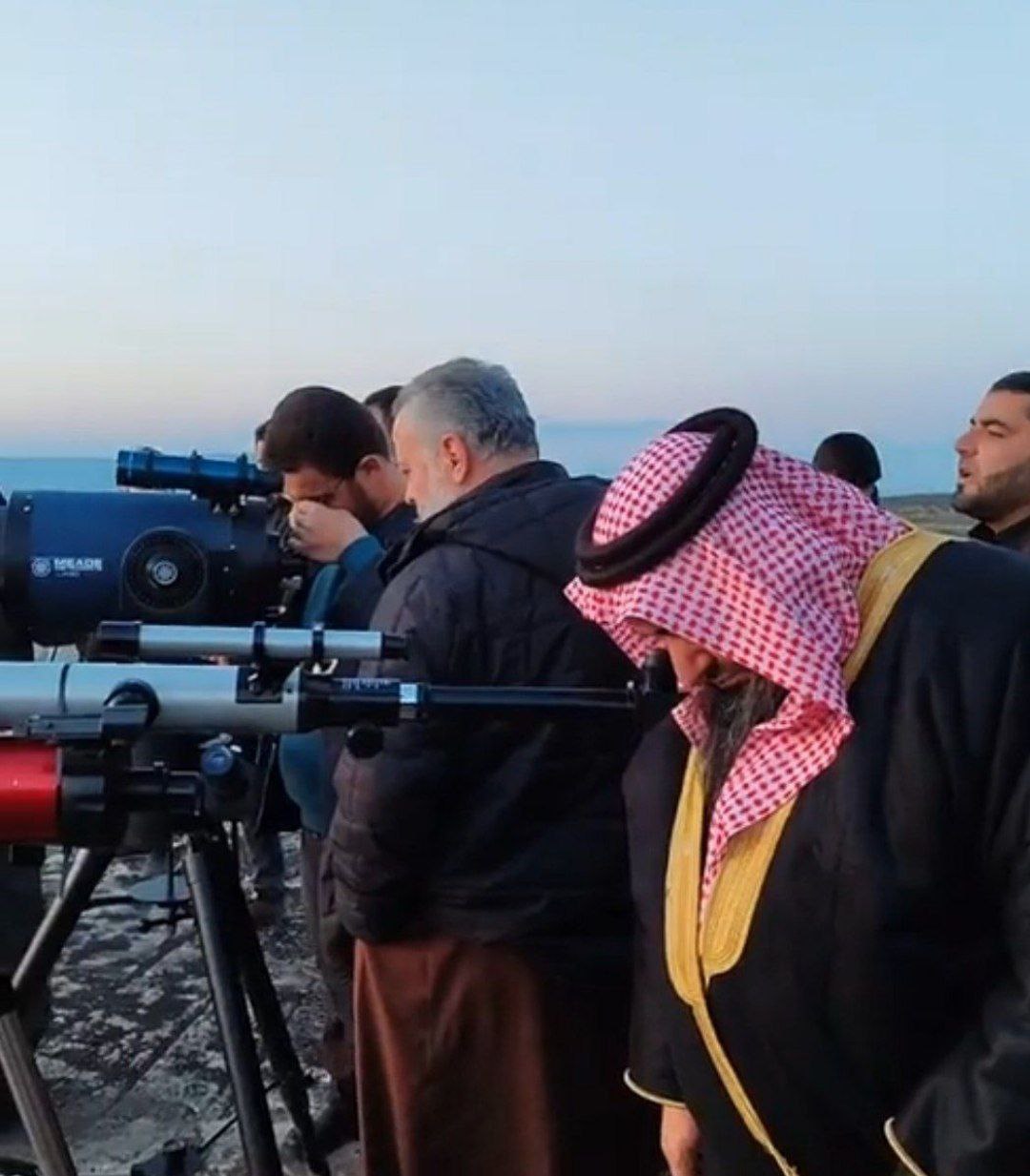
The Moon Sighting Committee of The Ministry of Religious Affairs on the Syrian Salvation Government (SSG) announced that the first day of Ramadan would be Monday, March 11 alongside many countries, including Saudi Arabia, Egypt, Sudan, Qatar, Kuwait, Algeria, Tunisia, Syria, Lebanon, Palestine, Afghanistan, Turkey, and Djibouti. Muslims in Europe and North America also determined that Monday is the first day of Ramadan for those residing in those areas.
Meanwhile, the Sultanate of Oman, Jordan, Morocco, and Libya scheduled Tuesday due to the inability to see the crescent moon in them. While some countries like those in the Asia-Pacific such as Australia, Brunei, Indonesia, Malaysia, and Singapore, will also begin Tuesday for the same reasons. Countries in South Asia such as India, Pakistan, and Bangladesh will begin moon sighting today if sighted they will begin fasting Tuesday, otherwise, they will begin on Wednesday.
Throughout the month, Muslims engage in fasting, refraining from food and water from sunrise to sunset, deepening their spiritual connection, and coming together for family gatherings. The lunar calendar basis of Ramadan leads to variations in moon-sighting methodologies across countries, resulting in differing start dates for the month.
In observance of Ramadan, Muslims partake in the pre-dawn meal, known as “suhoor,” to fortify themselves for the day ahead, and conclude their fast with “iftar,” often a communal and hearty meal shared with loved ones. Amidst this period, Muslims strive to avoid conflict and instead channel their energies into acts of charity, embodying the spirit of compassion and generosity.
However, this year sees Muslims around the world facing unparalleled challenges, including occupation, war, famine, and poor economic conditions that make meeting basic necessities like food, water, and shelter difficult to obtain. With such life-threatening hardships, many Muslims struggle to observe Ramadan traditions such as sharing meals with family and their community, giving charity, and partaking in special foods, sweets, or dishes customary for the month. Many Muslims are entering this sacred month displaced, impoverished, and under the threat of violence, war, imprisonment, and torture. Muslims in Palestine, East Turkestan, Kashmir, and Crimea are enduring harsh occupation, while those in Gaza, Sudan, Syria, Burma, and Myanmar face displacement and conflict.









